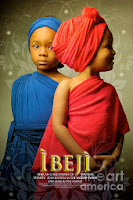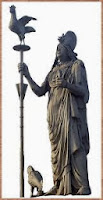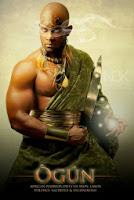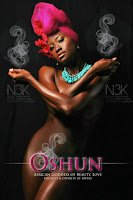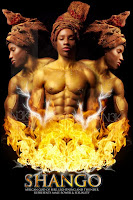HENCEFORTH,
Delta State indigenes at the National Postgraduate Medical College of Nigeria,
Ijanikin, Lagos, will enjoy sponsorship of their one-year residency training
overseas to the tune of $20,000 per candidate.
Disclosing this at Ijanikin during his honourary fellowship award by the
college at its 31st convocation yesterday, Governor Emmanuel
Uduaghan said it had become necessary to support the institution and the
Federal Government in efforts to produce well-skilled resident doctors,
leveraging on international exposure available in the overseas training
programme.
Also,
16 journalists from the print and electronic media will next Monday begin a
one-week training at the Thomson Reuters Institute in London under the state’s sponsorship.
The training, which is on investigative journalism,
will focus on ethics and principles of investigation in news writing. The
training is the second to be sponsored by the state, which also sent 12
journalists to the institute for one-week training on news writing last year.
Uduaghan said the training is in line with his
administration's programme of building human capacity in all spheres of
endeavour. He noted that
the college plays a strategic role in medical training in the country and
should be adequately supported by government at all levels.
He pledged that Delta would
partner the institution in the training of indigenes, noting that already, “all
First Class Deltans in the state have scholarship to study anywhere in the
world. Over 180 of them get N5 million yearly as grant.”
President of the college, Prof.
Victor Wakwe, had earlier lamented that since the Federal Government
resuscitated the overseas training for resident doctors, with about 60
candidates benefiting last year, nothing has been heard of the programme.
Canvassing support for the
programme, he said that approximately 650 candidates passed the college’s Part
1 examination yearly, “and if the Federal Government sponsors 120 doctors for
the overseas training, about 520 will be left behind hence the need to have
more support for the programme.”
Meanwhile, Wakwe revealed that
Uduaghan’s honourary fellowship award was in recognition of his exceptional
commitment to healthcare development in Delta State since he was Commissioner
for Health, Secretary to State Government and now governor.
Such commitments, the college
noted, included the provision of world-class facilities in hospitals across the
state and subsidy for kidney treatment, computed tomography and magnetic
resonance imaging machines as well as tele-radiological services at the State
University Teaching Hospital, Oghara.
Also of note was Uduaghan’s
policy on healthcare, which was “adjudged the best in the country in the area
of maternal and infant mortality, which is by far the lowest in the national
average.” Others include free healthcare for all pregnant women and children
under five in all government hospitals in the state.
By Wole Oyebade and Adeniyi Adunola





